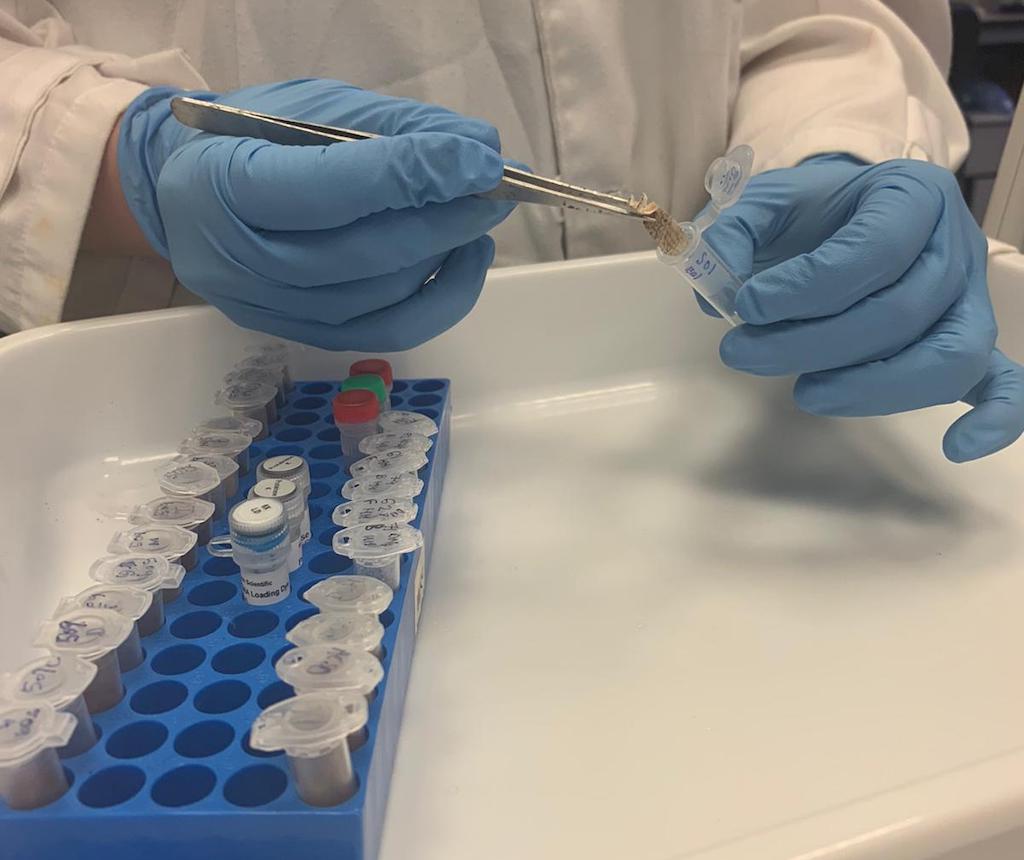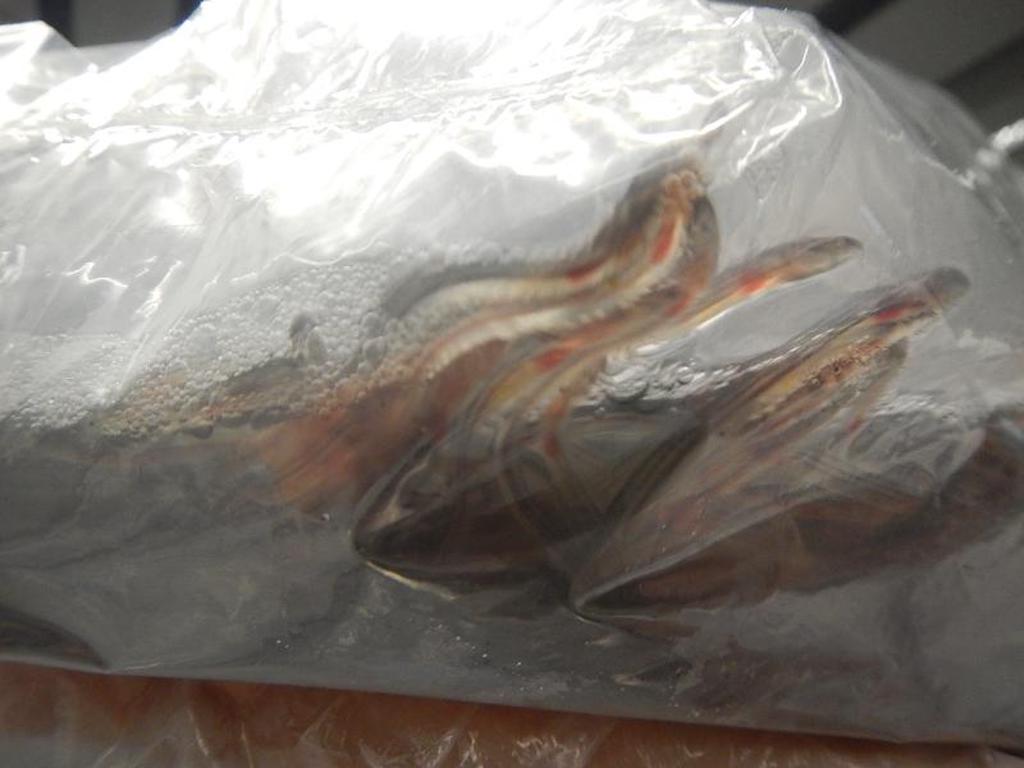3 Mins Read
In the wake of the coronavirus outbreak, governments across Southeast Asia have agreed to strengthen cooperation to curb the illegal wildlife trade associated with mass species decline and the public health danger of disease transmission. However, a new study reveals that a number of critically endangered species are still illegally entering the supply chain in Hong Kong. Researchers are now raising concerns about the effectiveness of enforcement measures to clamp down on the illicit wildlife trade, which is jeopardising both the welfare of species and human health.
Published in the journal Science Advances, University of Hong Kong scientists have found that critically endangered eels are still illegally traded in Hong Kong. The research discovery comes amid the deadly Covid-19 outbreak, which as of press time has infected almost 110,000 across 80 countries and killed more than 3,800 people globally, and is especially concerning in light of the association between the illegal wildlife trade and transmission of the disease to humans.
Governments across Southeast Asia have pledged to strengthen action in order to clamp down on the environmental and health impact of the illicit trade. However, the new study by Hong Kong researchers is now calling into question the effectiveness of these measures. According to DNA evidence, critically endangered eels have recently been sold in 49 Hong Kong retail outlets, despite an international ban and the fact that no imports had been declared.

Of the 13 brands tested, 9 were found to contain the critically endangered species of European eel. Among some of the retail outlets selling critically endangered eels included wet markets and major supermarket chains in Hong Kong.
The findings suggest that there remain serious loopholes in the enforcement of international bans on wildlife trade, and that governments must step up monitoring and compliance mechanisms or risk mass wildlife decline and grave disease threats to public health.
Commenting on the study to the BBC, Dr Mark Jones of the UK-based Born Free Foundation urged for more to be done to “ensure all countries recognise the scale and serious nature of wildlife crime and the devastating impact it is having on so many species.”
Last week, China enacted a permanent ban on the trade and consumption of wild animals, which effectively extended its initial temporary policy introduced in January. While conservationists welcomed the permanent prohibition, they cautioned against another loophole in the law that exempts the trade in wild animals for medicinal purposes.

Experts worry that this will fail to adequately quell the dangers associated with even non-food wildlife products, given that recent studies have proposed that pangolins are the probable intermediary host of Covid-19 that jumped to infect humans.
Without a full and global clampdown on the wildlife trade for both food and non-food uses across the world, it is difficult to mitigate the risk of public health epidemics, the cruel practices of the trade and the major ecological disturbances that come along with it.
Individually, we can avoid supporting ecologically harmful and dangerous industries by reducing the consumption of all aquatic and animal products altogether, which is currently propping up the inhumane global trade in animals and unsustainable production that leaves behind a huge burden on our planet.
Read our earlier news coverage of Covid-19 and prevention tips here.
Lead image courtesy of Shutterstock.




